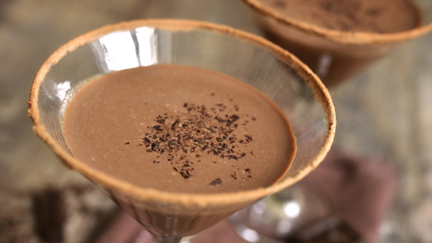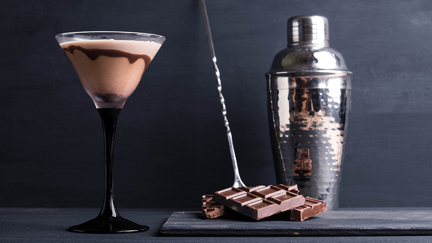Study Reveals The Dangers Of Being Alcohol-Free
- Publish date
- Thursday, 29 Oct 2015, 8:43AM

Being alcohol-free, or a 'teetotaller' won't just raise your risk of dementia, it's been linked to several other diseases, too. Indeed, one consistent scientific finding which particularly galls abstainers is the fact that they tend to die sooner than drinkers.
A study of nearly 2,000 people at the University of Texas in 2010 found that, compared with people who consumed one to three drinks per day, teetotallers were 51 per cent more likely to die prematurely from all causes, while heavy drinkers were 45 per cent more likely.
The longevity benefit appears to come from alcohol's protective effect on the heart. Dozens of studies have shown moderate drinking reduces cardiovascular disease.
This year, for example, a 25-year study in the European Heart Journal reported that having up to seven drinks a week is linked to a lower risk of heart failure.
And despite widespread views about the effect of booze on male performance, Australian research suggests that moderate drinking protects against impotence in the long term.
Teetotallers' mental health may also be worse. A Norwegian survey from 2009 of more than 40,000 people found that non-drinkers suffer higher levels of anxiety and depression than drinkers.
The happiest people were very light drinkers - those who averaged two glasses of wine, a bottle of beer, or a shot of spirits per week. Non-drinkers may be more gloomy as they miss out on the companionship of social drinking, suggested research leader Dr Eystein Stordal, from the Norwegian University of Science and Technology.
Crucially, all these benefits of alcohol are associated with low to moderate drinking. Habitual heavy drinking clearly carries numerous physical dangers.
Even moderate consumers who engage in binge drinking have double the odds of dying within the next 20 years in comparison with moderate drinkers of the same age who don't, according to recent research in the journal Alcoholism: Clinical and Experimental Research.
A U.S. study in 2011 found that having just three to six glasses of wine or any alcoholic drink per week raises a woman's risk of breast cancer. The risk was 15 per cent greater than for teetotal women.
Because of such concerns, Anne Lingford-Hughes, professor of addiction biology at Imperial College London, says she welcomes the new NICE (National Institute for Health and Care Excellence) guidance to reduce the amount we drink.
"The physical benefit of moderate drinking is only for the cardiovascular system," she says. "For everything else, zero consumption is the only thing that means zero risk."
Dr James Nicholls, director of research at the health charity Alcohol Research UK, said mild drinking's protective effects for common cardiovascular problems have to be set against the danger of cancers that are comparatively rare. "The issue with the new NICE guidance is that it is going away from guidelines on moderate levels of drinking and going towards abstinence as the goal," he says.
"The risk involved in setting the limits too low is that people may ignore them completely. The term 'all things in moderation' may be a good way ahead, both with consumption and with guidance."
Take your Radio, Podcasts and Music with you




